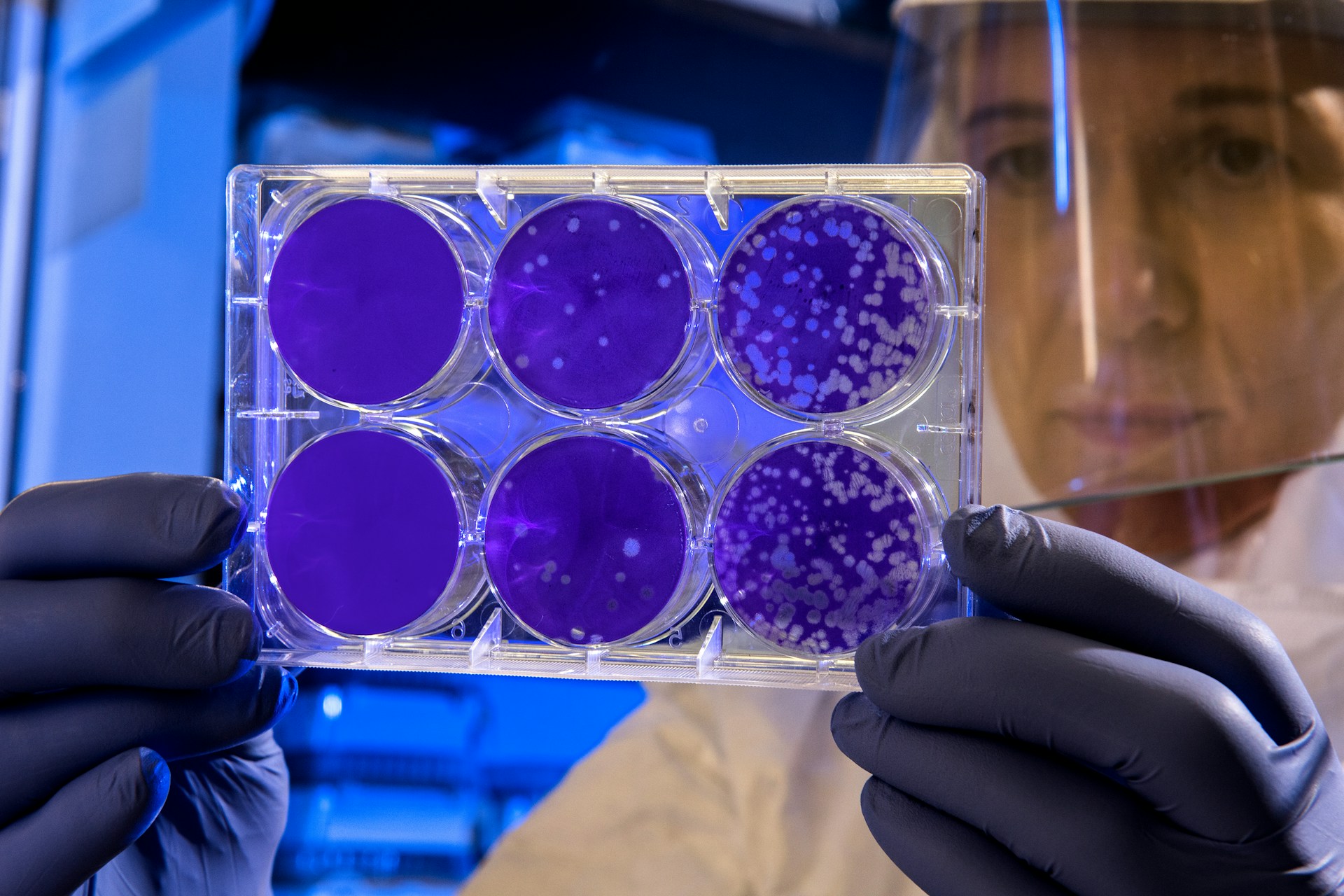Some Reflections From 2024 As We Begin 2025
2024 has been an eventful year, with implications on global trade, businesses worldwide, healthcare and the environment. From the much-awaited US elections to discussions on climate change and glitches which costed businesses heavily, we revisit some of the top stories.
The US Elections (What it Means for Global Trade and Development)
Republican Donald Trump crossed the majority of 270 votes and collected 312 votes in the US electoral college. He even won the popular vote to become America’s 47th president.
The return of Donald Trump to the White House was bound to reignite the fierce trade-tech war with China which had slightly subdued under the Biden administration. Trump has promised to use tariffs to boost domestic manufacturing. Recently, he vowed to impose 25% tariffs on all imports from Mexico and Canada while levying 60% tariffs on all Chinese imports and 10-20% on all imports to the US – accounting for $3 trillion annually. The measures will potentially impact strategic US industrial sectors, drive up prices, add around $272 billion annually on tax burdens and weaken the household sector.
Trump’s protectionism could potentially isolate the US in global trade, weaken ties with EU trade partners, disrupt supply chains and increase global inflation. Annual growth rate of global trade was forecast at 3.3% for 2025 which could decline impacted by tariffs.
Climate Change and COP29
2024 was the warmest year recorded with the global average temperature 1.54⁰ C above pre-industrial levels. The past decade has been the warmest on record with extreme weather events causing massive economic and environmental losses.
To reduce the losses to economy and protect people against climate events, the COP29 brought together leaders from 200 nations in Baku, Azerbaijan. An agreement was reached which included the following:
- Increase climate finance to developing countries threefold from $100 billion to $300 billion annually by 2035. This will help developing economies in their efforts to deal with climate change.
- Raising climate finance from public and private investments to $1.3 trillion per year by 2035 to developing countries
The countries could not arrive at an agreement to transition from fossil fuels and pushed the decision to COP30 in Brazil. However, agreements were reached on the remaining sections of Article 6 on carbon markets.
Concerns arose with the results of the US elections as Trump has pledged to withdraw from the Paris Agreement and roll back climate action. Representatives from the UK, the EU, and China offered to assume a greater leadership role in the event of a US exit.
Notable Developments in Medical Science
2024 saw encouraging events as medical science potentially found answers to a range of chronic and inherited diseases.
Stem cell treatment restored vision: A team from Osaka University, led by ophthalmology professor Kohji Nishida, treated four patients with eye diseases using reprogrammed stem cells. Circular sheets of corneal cells were transplanted into patients of varying ages with stem cell deficiency. The vision of patients was restored with benefits expected to remain even after years.
Hope for brain cancer: A groundbreaking method has been found to treat brain cancer. Researchers from Stanford University found that infusions of CAR T-cells into the brains of pediatric patients with brain cancer has benefits. Studies suggest that CAR T-cell therapies for certain blood cancers would be approved within 5 years.
Gene Therapy restores hearing: At the Children’s Hospital of Philadelphia, a team led by surgeon John Germiller, placed a single dose of functioning OTOF genes in the cells of a 11-year-old deaf child. This procedure led to improvements in the child’s hearing ability in two weeks which gradually improved over time.
The Nobel prize in medicine was awarded to Victor Ambros and Gary Ruvkun for the discovery of microRNA and its role in post-transcriptional gene regulation.
The Rise in Scale and Frequency of Cyber Breaches
The proportion of businesses experiencing cyber breaches of greater than $1 million increased from 27% in 2023 to 36% in 2024. The global average cost of damages incurred was $4.4 million while this number was higher for the healthcare sector – $5.3 million. The Change Healthcare incident was the largest incident on record, as 100 million Americans were affected and payment systems suffered a ransomware attack. Breaches to critical infrastructure and the resulting losses has led to the US Department of Justice implementing rules to limit data access to foreign adversaries and shield itself from potential attacks.
While the year has provided hope in the field of medical sciences, there are concerns over the looming threat of climate change and action to prevent further losses. The growth of global trade depends on the incoming US administration’s trade policies which will either foster greater collaboration among nations or increase friction among allies.
Photo Caption: 2024 proved to be an important year for medical research and discoveries.



